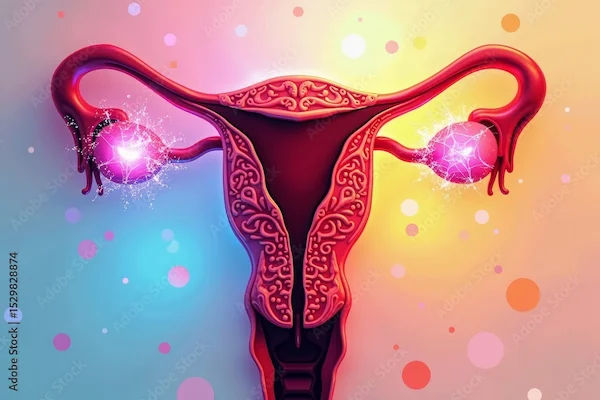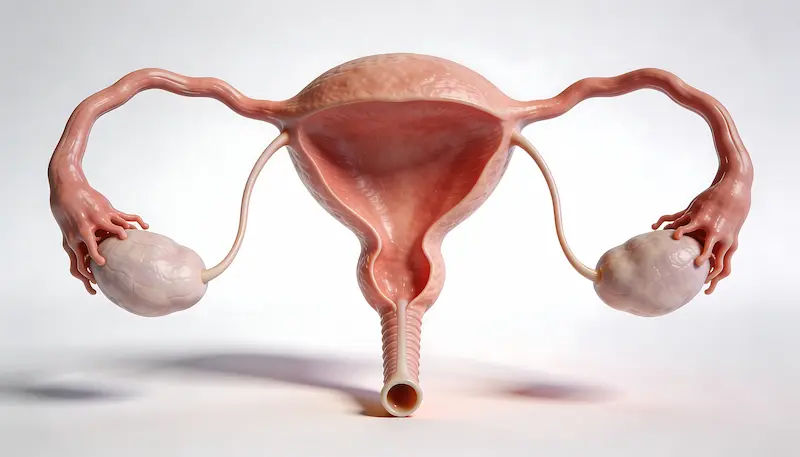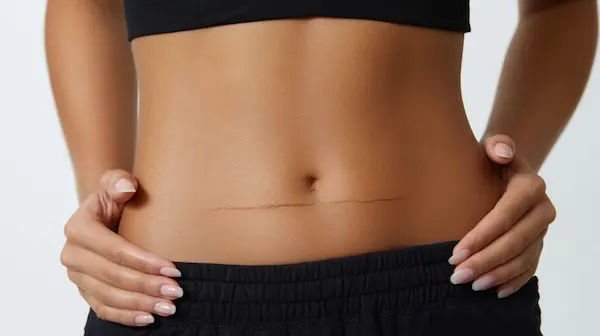Pressure On Bladder After Hysterectomy
Experiencing bladder pressure after a hysterectomy? Understand common causes, from swelling and healing to potential complications, and learn when to seek medical advice for relief.

Written by Dr. Md Yusuf Shareef
Reviewed by Dr. Dhankecha Mayank Dineshbhai MBBS
Last updated on 13th Jan, 2026

Introduction
If you’ve recently had a hysterectomy (surgery to remove the uterus), you may experience a sensation of pressure on your bladder. This can be uncomfortable and sometimes worrisome, but it’s a common issue many women face postsurgery. In this article, we’ll explain why this happens, how long it might last, and what you can do to ease the discomfort.
Why Does Bladder Pressure Happen After Hysterectomy?
Your bladder and uterus are close neighbors in the pelvic area. During a hysterectomy, the uterus is removed, which can temporarily affect nearby organs, including the bladder. Here are some reasons why you might feel pressure:
Swelling and Healing – After surgery, inflammation and swelling in the pelvic area can press against the bladder.
Bladder Adjustment – The bladder may take time to adjust to the new space left by the removed uterus.
Nerve Sensitivity – Surgical manipulation can temporarily affect nerves controlling bladder function, leading to unusual sensations.
Mild Urinary Retention – Some women may have trouble fully emptying their bladder right after surgery, causing discomfort.
Common Symptoms
You might experience:
A frequent urge to urinate
Feeling like your bladder isn’t fully empty
Mild pain or heaviness in the lower abdomen
Occasional leakage (stress incontinence)
These symptoms are usually temporary and improve as your body heals.
How Long Does It Last?
For most women, bladder pressure improves within a few weeks to a few months after surgery. However, in some cases, it may take longer, especially if you had additional procedures (like repairs for pelvic organ prolapse).
Tips to Manage Bladder Pressure
Here are some ways to ease discomfort and support recovery:
1. Stay Hydrated (But Not Too Much Before Bed)
Drink enough water to avoid irritation but reduce intake before bedtime to minimize nighttime bathroom trips.
2. Practice Pelvic Floor Exercises (Kegels)
Strengthening pelvic muscles can help improve bladder control.
Squeeze the muscles you’d use to stop urine flow, hold for 35 seconds, then relax. Repeat 10-15 times, 3 times a day.
3. Avoid Constipation
Straining during bowel movements can worsen bladder pressure. Eat fiberrich foods (fruits, vegetables, whole grains) and stay hydrated.
4. Use a Warm Compress
A warm pad on your lower abdomen can help relax muscles and ease discomfort.
5. Take It Easy
Avoid heavy lifting or intense activities for at least 6 weeks postsurgery to allow proper healing.
6. Double Voiding Technique
After urinating, wait a few seconds, then try again to ensure your bladder is fully empty.
Consult Top Nephrologist
When to See a Doctor?
While mild pressure is normal, consult your doctor if you experience:
Severe pain or burning while urinating
Blood in urine
Inability to urinate
Frequent urinary tract infections (UTIs)
Symptoms that worsen or don’t improve after a few months
These could indicate complications like a UTI, bladder injury, or pelvic floor dysfunction that may need treatment.
Can This Be Prevented?
While some postsurgery bladder changes are unavoidable, you can reduce risks by:
Choosing an experienced surgeon
Following postop care instructions carefully
Starting pelvic floor exercises before surgery (if possible)
Final Thoughts
Feeling pressure on your bladder after a hysterectomy is usually a normal part of recovery. With time, proper care, and gentle exercises, most women find relief. However, if symptoms persist or worsen, don’t hesitate to seek medical advice.
If you’re concerned about your recovery or need expert guidance, you can book a consultation with a gynecologist or urologist on Apollo 24|7 for personalized advice.
Consult Top Nephrologist
Consult Top Nephrologist

Dr. Manju Kamal
Nephrologist
12 Years • MBBS,MD(General Medicine), DNB,DM(Nephrology)
Angamaly
Apollo Hospitals Karukutty, Angamaly

Dr. Boddanapu Mastan Valli
Nephrologist
9 Years • M.D, D.M.
Nellore
Apollo Speciality Hospitals, Nellore
Dr. Nithyashree Nandagopal
Nephrologist
10 Years • DNB (Gen Med), DNB (Nephrology)
Chennai
Apollo Hospitals Greams Road, Chennai
(275+ Patients)

Dr. Pardha Saradhi
Nephrologist
9 Years • MBBS, MD-DNB (Gen. Med.), DNB (Nephro)
Hyderabad
Apollo Hospitals D R D O kanchanbagh, Hyderabad
(75+ Patients)

Dr. Kity Sarkar
Nephrologist
15 Years • MBBS,MD(Genl. Med.), DrNB(NEPHROLOGY)
Kolkata
Dr. Kity Sarkar's Clinic, Kolkata
Consult Top Nephrologist

Dr. Manju Kamal
Nephrologist
12 Years • MBBS,MD(General Medicine), DNB,DM(Nephrology)
Angamaly
Apollo Hospitals Karukutty, Angamaly

Dr. Boddanapu Mastan Valli
Nephrologist
9 Years • M.D, D.M.
Nellore
Apollo Speciality Hospitals, Nellore
Dr. Nithyashree Nandagopal
Nephrologist
10 Years • DNB (Gen Med), DNB (Nephrology)
Chennai
Apollo Hospitals Greams Road, Chennai
(275+ Patients)

Dr. Pardha Saradhi
Nephrologist
9 Years • MBBS, MD-DNB (Gen. Med.), DNB (Nephro)
Hyderabad
Apollo Hospitals D R D O kanchanbagh, Hyderabad
(75+ Patients)

Dr. Kity Sarkar
Nephrologist
15 Years • MBBS,MD(Genl. Med.), DrNB(NEPHROLOGY)
Kolkata
Dr. Kity Sarkar's Clinic, Kolkata




